An interactive guide on Keywords Research methods

An interactive guide on Keywords Research methods
The all in one detailed guide to an efficient keyword research
Creating keywords for the benefit of both the customers and the search engines can be done if we learn the techniques of the keyword research
Keyword research is access to the collaboration of the user with the content they are searching for.
The main questions that the keyword research can clear you are the following:
- What are the customers searching?
- How many numbers of people are searching for the same result?
- What format of information do the users require
This article will help you in understanding keyword research and applying that information in the content to make the content most optimized for the game of ranking. This will also guide you to avoid the mistakes in SEO keyword research and build powerful content that will enable the customers to search the content and get the results that are produced by none other than you.
This article will guide you through:
- What are the keywords?
- The Primary type of Keywords
- Search Volume
- Keyword Search Strategy
- Categorize the customers
- Difference between Keyword Difficulty and Keyword Competition
- Keyword Research Tools
- Finding Keyword Density
- Execution Plan
Understanding Keywords ( What are Keywords ?)
The primary words or phrases that define what the whole content is about are called keywords. The keyword strategy is marked by the criteria of Search Engines, where keywords are being searched on by the customers. Every bit of information on the website is linked with some keyword e.g. all images or videos do have a keyword written on it.
The primary keywords types are;
1. Short-Tail keywords
As it is clear by the name what we are about to learn. Short-tail keywords are usually less than three keywords.
These can be very popular keywords and the competition on them would be very high and difficult to master for the long term. Keyword research on short-tails is a long task.
But if we see for the trends, the usual customer searches are short-tails in the first place.
For example, a person searches for an apple. A search of the keyword apple can be very vast like he may be searching for the fruit to buy it or finding the nutritional facts about it or even the incident of the apple falling on the head of Newton or the electronics brand Apple.
2. Long-Tail Keywords
Opposite to the short-tail keywords, the long tail keywords are more than 3 words length and by this, they are very highly specific.
The competition on long-tail keywords is less than short-tails because the search volume on them is very less. In this way one can easily reach the results they want.
For example, lets search for “ASUS ROG PHONE 3 with 4GB RAM and 128GB ROM”. This search will only lead to the above-asked query and will never lead to any other result in any way, otherwise the search engine would be declared CRAZY. Ha-ha
3. Fresh Short-Term keywords
The internet today we see is mostly about the common and fresh trends. New trends follow in and old trends keep getting out of searches.
For example, the trend of the movie “The Old Guard” was booming in the month of June because the trailers were everywhere but now it has been off the trends.
4. Long-Term timeless Keywords
There are some keyword searches that never die out. They remain relevant all the time.
They may get unnoticed for some time but the cycle revives itself again after some period of time
Talking about the example of movies “The Godfather” is the title that has never faded since the 1970s
People now and then keep searching for the timeless keywords thus the graphs stay almost undisturbed.
Questions with the customer can lead to the development of long-term keywords in a better way and make the results better instead of trying hard on ranking the short-term keywords.
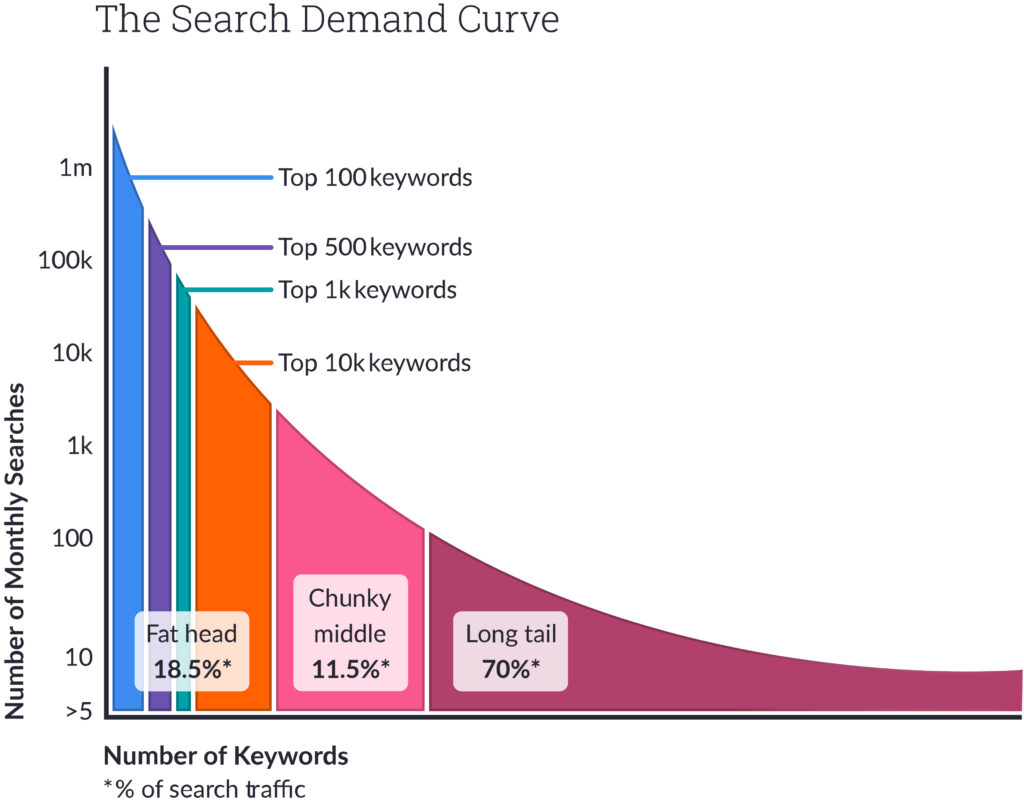
5. Product-related keyword
Using the search engine and typing the product you require and the search engines leads you to the product examples and you are satisfied with the result and may click further to check the description of the searched product
One needs a car with a 3000cc engine and high ground clearance. The search engine would present the options of different SUV’s and you may compare them and get to order you find the best.
6. Customer-centered keyword
Need a product related to a certain category of people? this type of keyword falls in the category of the customer-centered keyword.
For example, we search for “Laptops” and the search engine displays different laptops with no category but if we search “Laptops for gamers” the results will be highly specific.
7. Location targeting keywords
Some keywords of the business are related to the area of use and the abundance of customers
There are many companies providing SEO facilities but one that is in reach is the best e.g. if we search for “SEO experts in Sialkot” the engine understands and provides the list of SEO experts around the area of the city Sialkot.
8. LSI keywords
Abbreviated as Latent Semantic Indexing Keywords are a little tricky to understand.
LSI keywords are used when a site is working on a very broad scale e.g. “Bracelet” is the main product and there are by-products of it as well that the site provides like “Wooden Bracelet, Plastic Bracelet, Chain Bracelet”.
But first, you have to decide the main keyword in order to work with LSI keywords
9. Intent Targeting Keywords
With one keyword search the query can be of three required result types;
Informational
This type of keyword search is oriented to provide the customer with the information of the product e.g. “Tapal Tea-Bag”, here the result would be product information about tea bags, what are they how they work, etc.
Commercial
“Tapal tea-bags” will also be shown as a commercial as how they are better than the rest, their origin, expiration date, etc.
Transaction
If a customer wants to buy the product “Tapal Tea-Bag” he will select the result that is providing a selling and buying facility.
Do research with the customer before doing research on keyword
Your point of view and the customer’s point of view can be very different while searching for terms.
This is the first critical stage in the keyword research process
Realizing Keywords
A person has a few keywords in his mind on whose base he would like to rank his website for example some major products, services, or any other main topic of the website Start researching the keywords using any keyword research tool to find out various factors about it like monthly search volume and similar keywords.
A keyword research tool will be provided with similar keywords, related questions and many topics for your personal content
In the research process, you will find out the competition among keywords that let you decide the keyword you are going for. Sometimes a keyword with low search volume will provide benefits because of its low competition.
Both low and high competition keywords can be advantageous for the site. It is up to you that how you prioritize them with the help of search volume
Understanding Search Volume
As the search volume of the keyword increases there is more hard work required to increase its ranking. This relevant term is defined as Difficulty and rarely combines with SERP features like Carousels, knowledge graph, Snippets, etc. If they are blocking a keyword’s result page the Difficulty will rise.
Big brands mostly take up the first 10 results for high volume keywords and if you select any of these keywords then it will take years for you to raise your rank.
Building the keyword search strategy
After learning the relevant search terms for the site and their matching search volumes, the next major strategy is to look at the competitors and figure how the searches are varying by different factors like
- Competitor Keywords
- Seasonal Keywords
- Regional Keywords
We will take a look at each of them;
Competitor keywords
There are going to be many keywords for one to compile and confusion on how to arrange them. The better way could be to first look for the high-volume keywords that the competitor is not currently focused on and that could lead to the rapid increase in the ranking, or if you have well enough skills, go for the keywords that are currently in use of the competitor because they are already in abundant use

Seasonal Keywords
Trends come and go by time, there is a season for each of the keyword trend. If there is a festival of Eid near, and you are working on a product related to Eid then it is better to work on it beforehand to be in the ranks before time.
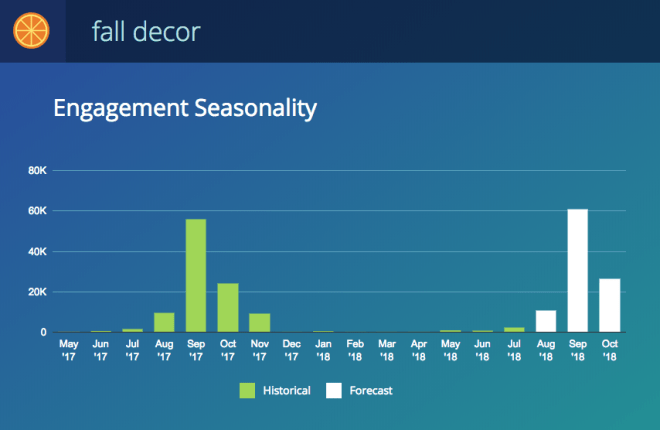
Regional Keywords
There are always different trends in different regions of the world for example on the 25th of December there is Christmas celebrated all over the world but it has a different significance in Pakistan because Quaid-e-Azam Day is also on 25th December. So select the preferred keywords for the content you want to rank in the following region

Double Check the keywords if all of our keywords return to the same type of websites, because of different search intent.
Category of the users research can sort to better results
The SERP provides a lot of information for us to look for what the customer is inclined towards. The customer can be searching for a particular term by using the keyword and it is the job of the search engine to get the intent of the customer and show him the results he needs.
The major type of customers required results provided by the search engine can be;
Information searching
The customer may be searching for information about the relevant term e.g. distance towards Islamabad from Sialkot

Navigation searching
The customer wants to be on the website he is searching for e.g. he searches for “Salam Experts” and the website link arrives on front and he selects it

Transactional searching
The searcher wants to travel to Karachi from Sialkot and wants Air tickets for it

Commercial searching
The customers want to compare and buy products
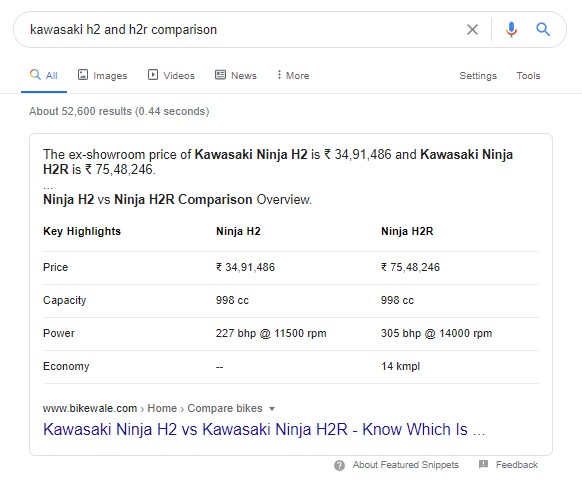
Local area searching
The person wants to find something near him such as a restaurant or mosque
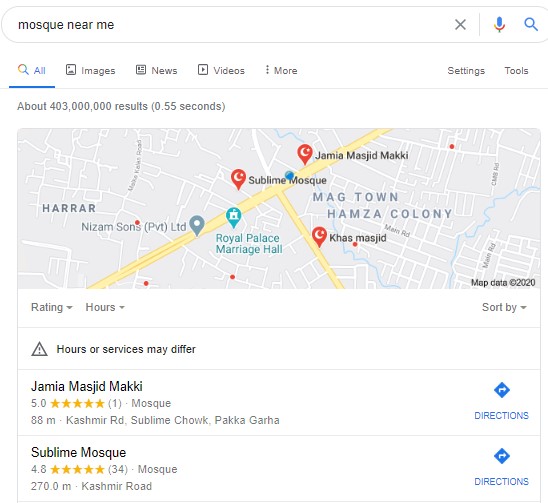
The question now arises that how to distinguish between Keyword Difficulty and Keyword Competition?
The difference between Keyword Competition and Keyword Difficulty is that Competitive Keywords measures paid competition (PPC), while Keyword Difficulty determines the difficulty of ranking organically (SEO).
What is the Keyword competition?
Keyword competition is to figure out how difficult it would be to increase the rank for a specific keyword. To reach top rankings for a specific keyword, the marketeer does hefty keyword research to estimate the time and effort for progress.
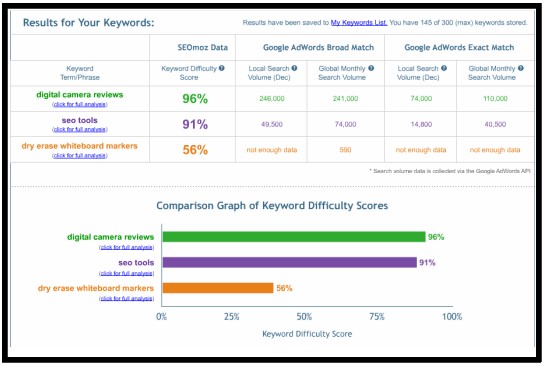
What is the Keyword Difficulty?
It is a serious measure when doing keyword research. The higher the value, the harder is to compete with others using the specific keyword.
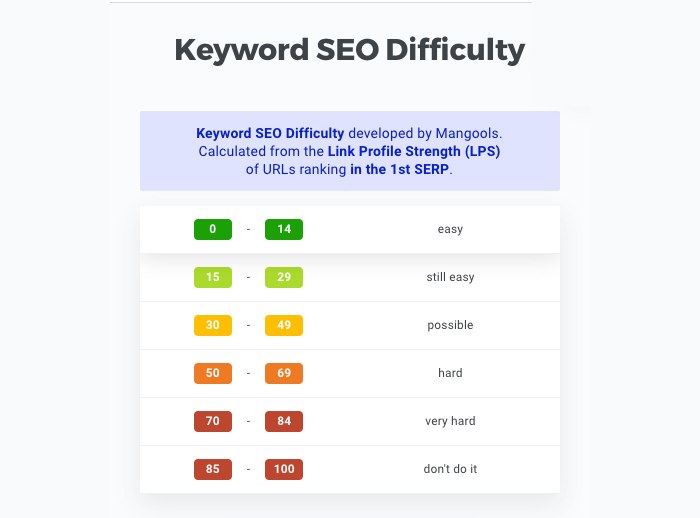
Using the tools to get there
To get the best results of keyword research, there are plenty of Keyword research tools available to use to gather information like average monthly search volume and similar data for better optimization
Let’s discuss some worthy of them
1. Google Keyword Planner
Google keyword planner is the most abundantly used keyword researcher used to date because of its best results and free to use opening . another great feature if this tool is that it provides the comparison facility as well.
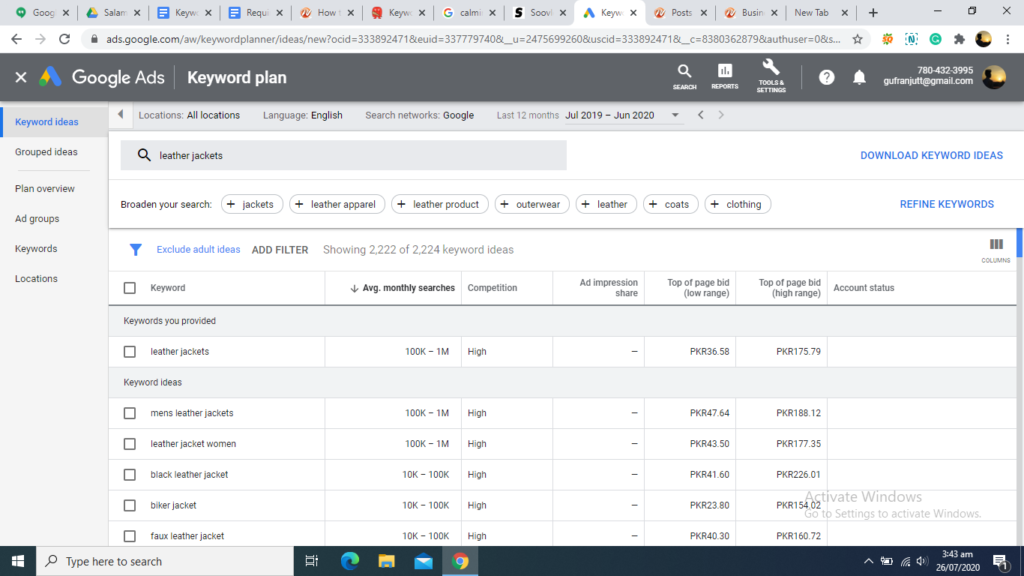
2. Google Trends
Google trends visually represent the popularity of the keywords with the help of graphs and other data as well

3. Moz Keyword Explorer

4. Answer the Public
Answer the Public finds questions, alphabetical, prepositions, comparisons, and other related searches.
QUESTIONS
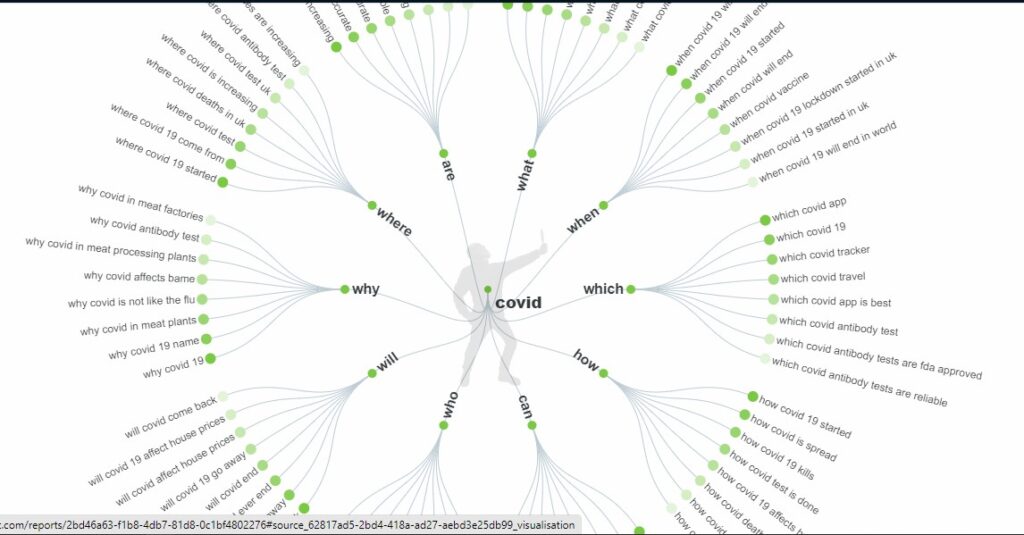
Prepositions

Comparisons

This is the complete guide to the keyword research; I hope that it will leave no questions furthermore to discover keyword research. [4]
The Keyword Density for the topic is;

My executing plan on how I wrote this article
This is the step by step format of how I started and wrote this article
- Getting to Google with the search of the term “Keyword Research”
- Reaching out to the best articles available on the google that provides easy and convenient information
- Gather the basic points from the articles and write them on an index file
- Arrange the basic points in order of their priority.
- Choose an attractive headline for the article
- Start writing the article with introductory paragraph.
- Using the indexed headings and start defining them point by point with reasonable content and cover each topic with precise and easy vocabulary that keeps the readers attracted to it.
- find out images related to some of the paragraphs that make understanding even clear
- conclude the article with some ending paragraph
- apply different checks on it like Grammar and spelling, readability check, keyword focus, and length, all factors lead to the convenience of the article for multiple readers.
- Make changes if required to revise the article for a refined output.


